Having been born in England, raised in Canada, and starting his career in Detroit -- before doing a stint in the Middle East ahead of his Holden assignment -- you’d think Mike Devereux had seen it all. But even Devereux was not prepared for the first question from the Holden factory floor when he arrived three and a half years ago.
Having replaced Alan Batey and Mark Reuss -- the two successive executives who rescued Holden from closure in the grip of the Global Financial Crisis -- Devereux was revving up the workforce in an Anthony Robbins-style motivational speech. There were tough times ahead, he warned. Improvements needed to be made in quality (the Pontiac version of the Commodore sold between 2007 and 2009 in the US was not Holden’s finest hour, especially when judged against global standards).
But most important of all, Holden needed to find ways to become more cost-efficient while building better cars, a challenging double act at the best of times -- and Holden was facing the worst of times. It took Devereux no time at all to figure out that Australia is the most competitive new-car market in the world, with more than 60 brands competing for 1 million sales. (In North America 38 brands compete for their share of 15 million sales).
As Devereux finished talking the audience through his vision for success he figured it was a pretty good opening address, all the key points were hit. As part of his direct yet approachable management style that would define his time in the Holden office, Devereux then took questions from the floor. “When are we going to get Christmas cakes back?” a worker asked.
Not sure quite what the worker meant, a minder whispered in Devereux’s ear, explaining that Holden workers used to get a Christmas hamper each year but they turned to crumbs in the GFC. Holden was on the brink of extinction and someone on the factory floor wanted cake, Devereux thought to himself. “Let me get back to you on that one,” he said, before asking if anyone had any manufacturing questions.
It was a telling insight into just how shielded the workers -- and the rest of Australia for that matter -- were from the grim realities Holden was facing, despite the redundancies leading up to that moment, and the hundreds that would follow. The possibility of life without Holden seemed impossible because it had been bailed out so many times before. It’s not that Holden is too big to fail, it’s too iconic. Or so people naively believe.
Car companies are brutally pragmatic these days. All major brands have shuttered dozens of under-performing or unprofitable factories across Europe and the US in the past four years alone. Almost as quickly, they’re replacing them with factories in countries with low-cost labour, primarily China, Thailand and other parts of South-East Asia where cars can be built for a quarter of the cost of Australia.
From the moment of that first question, Devereux realised he had a job on his hands to educate his workers -- and the rest of Australia -- about the true challenges facing the car manufacturing industry. What we got was one of the most open and out-spoken car executives Australia has ever seen, traits which only seemed to amplify as time passed.
In one of his first media interviews Devereux was asked if he was sent here to shut Holden down. Still getting to know the joint, he said he’d rather not answer that question right now. But those in the room were left with the distinct impression the end was near. What happened after that is unclear. But what we do know is that Mike Devereux very quickly fell in love with Holden, its workers, their passion and, most of all, their capability to design and engineer cars from the ground-up on a fraction of the resources in Detroit or China.
Devereux became so intoxicated with the place he is restoring a 1962 EK Holden. His predecessor Mark Reuss also restored a late 1950s FC Holden and took it back with him to Detroit. It’s now in the GM museum, the only Holden represented among hundreds of GM cars from around the world.
There is no doubt that passion has helped drive Devereux’s negotiations with State and Federal Governments for more taxpayer assistance. Devereux has pushed for the manufacturing future of Holden against all odds -- and sound economics -- pulling on any lever that might get a deal over the line. But the grim reality is that Holden loses money on every car it builds locally. Over the past 12 years it has produced, on average, a paltry $28 million profit from an average annual turnover of $5.5 billion.
When you consider that the balance sheet looks like that after more than $1.8 billion in taxpayer funding over the same period, you can see why Holden cut the Christmas cake. Even if Devereux were able to get a deal done (“governments rent our industry to create jobs, that’s the reality,” he says) it’s worth noting at this point that the Holden taxpayers are trying to save is not the Holden Australians have known to grow and love.
The two new cars Holden will build if the factory continues beyond 2016 will be “global” vehicles designed and engineered offshore and made with more foreign parts. In other words, despite the Holden line that local manufacturing will help local suppliers, the next car it calls the “Commodore” will be less Australian than a Toyota Camry.
The current Commodore has just 50 per cent local content, and it was designed here. The Cruze small car has just 30 per cent local content. The Toyota Camry has 65 per cent local content (based on figures supplied by the car makers). The Ford Falcon, incidentally, tops the lot with 70 per cent of its parts sourced locally.
So, will Holden manufacturing stay or will it go? The odds of it staying, sadly, are now extremely slim. If General Motors was confident Holden's manufacturing operations could survive, they would let Devereux finish the job and bed it down. Most car executive appointments run for three years; Devereux was scheduled to stay for five. His leaving early can only mean one thing. Holden’s manufacturing operations won’t be far behind him.
This reporter is on Twitter: @JoshuaDowling



.jpg)
.jpg)
.jpg)
.jpg)

.jpg)
.jpg)



.jpg)
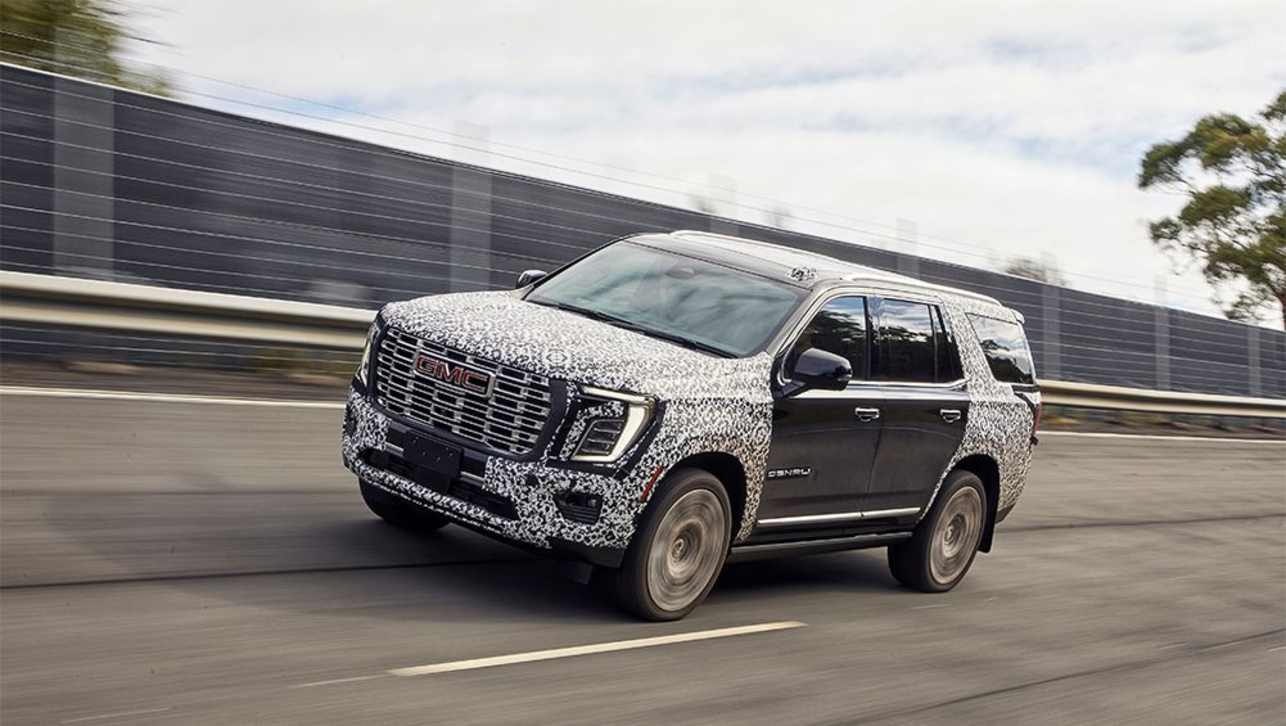
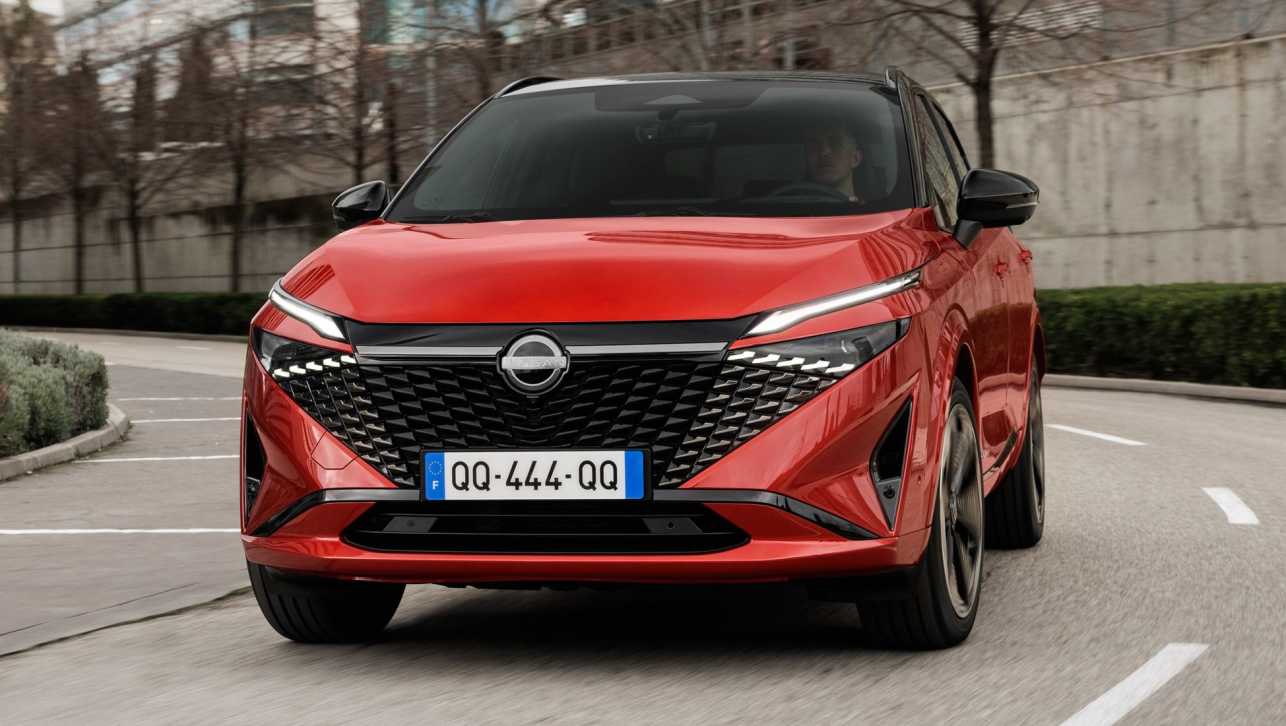
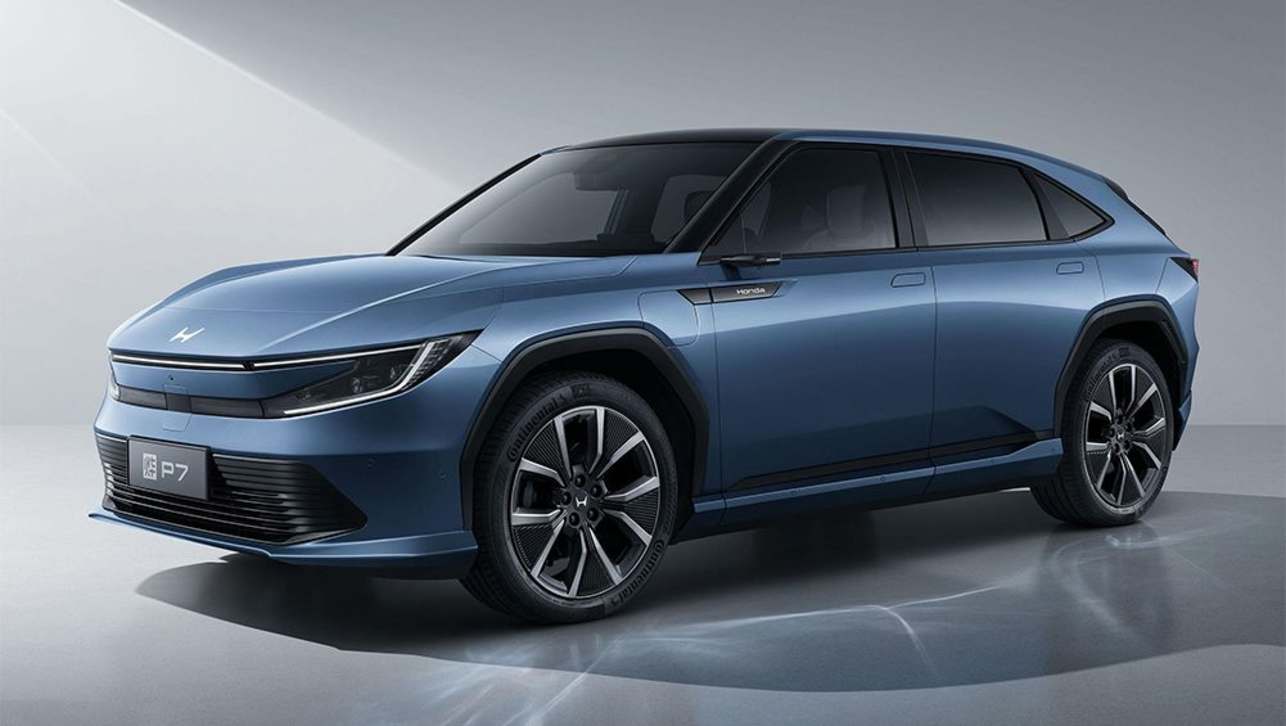
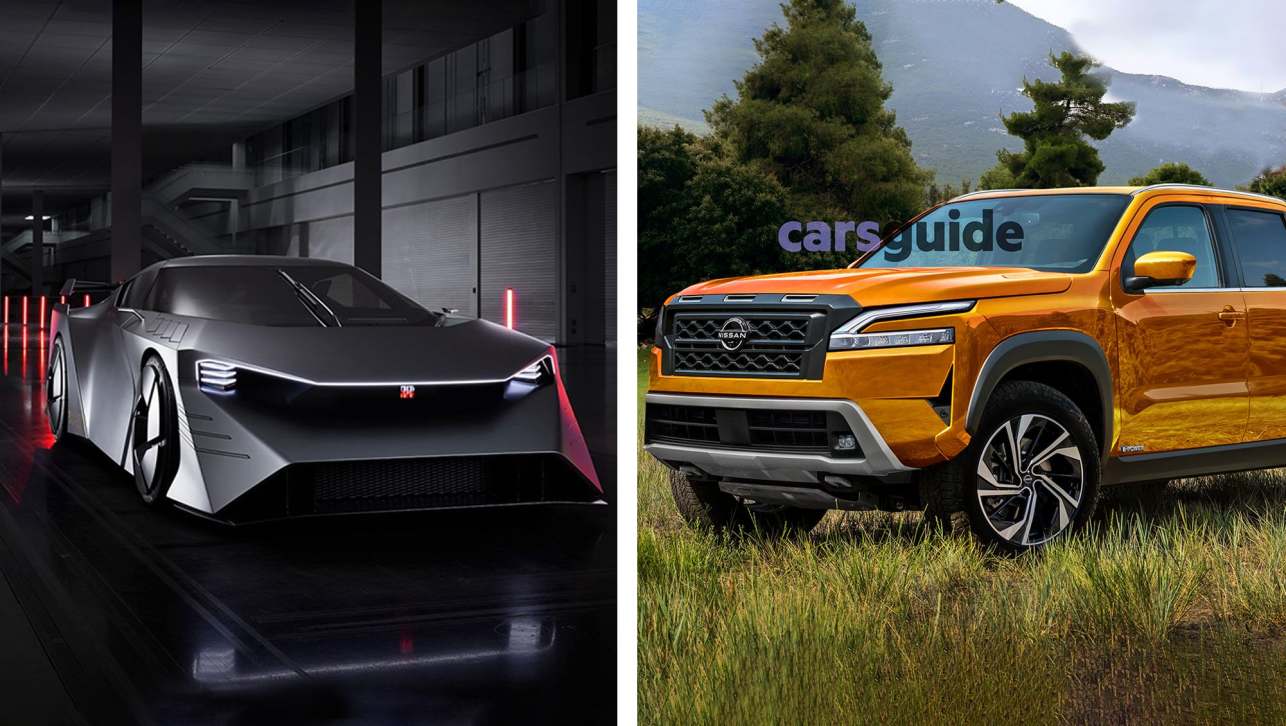

.jpg)

.jpg)
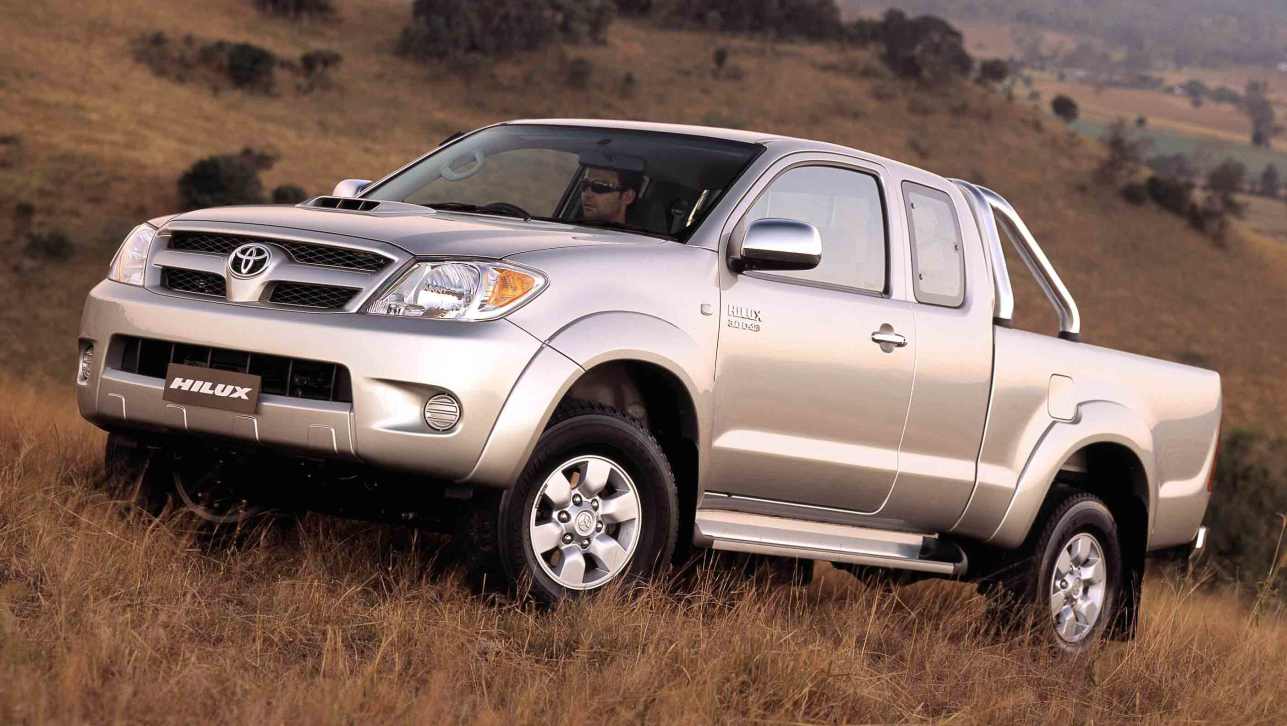

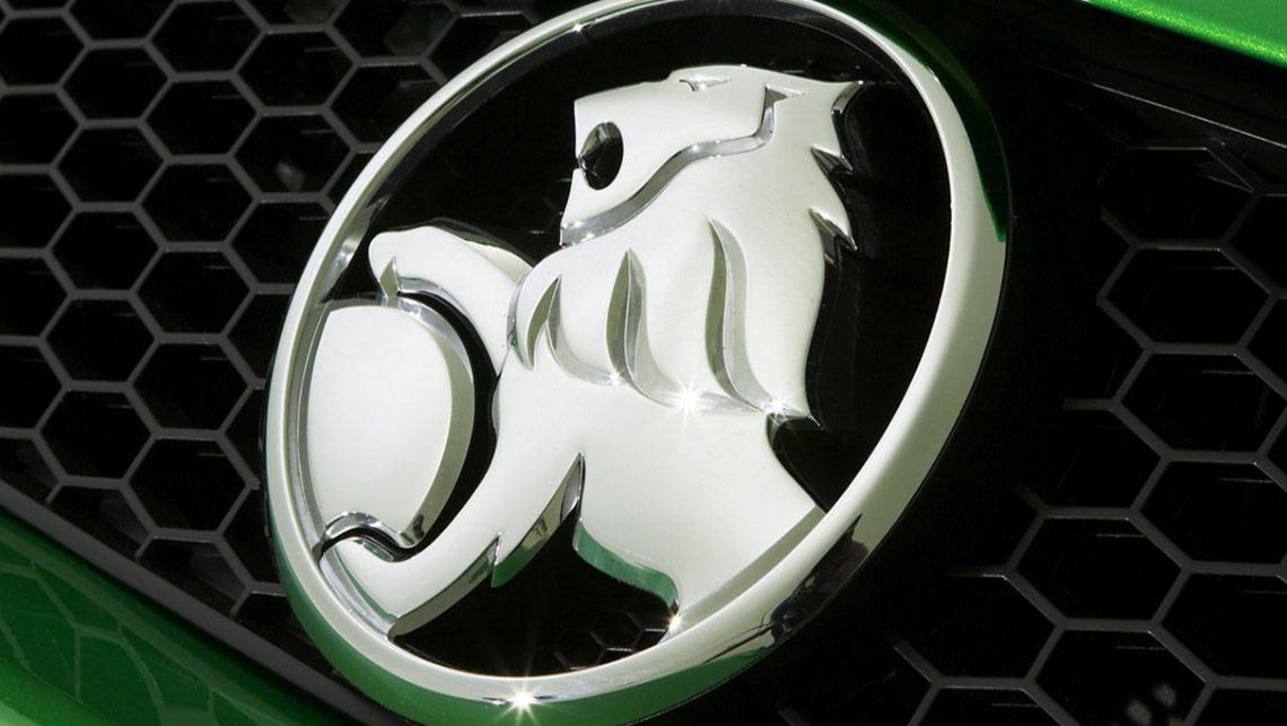


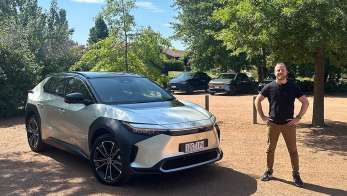

Comments